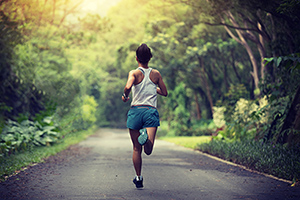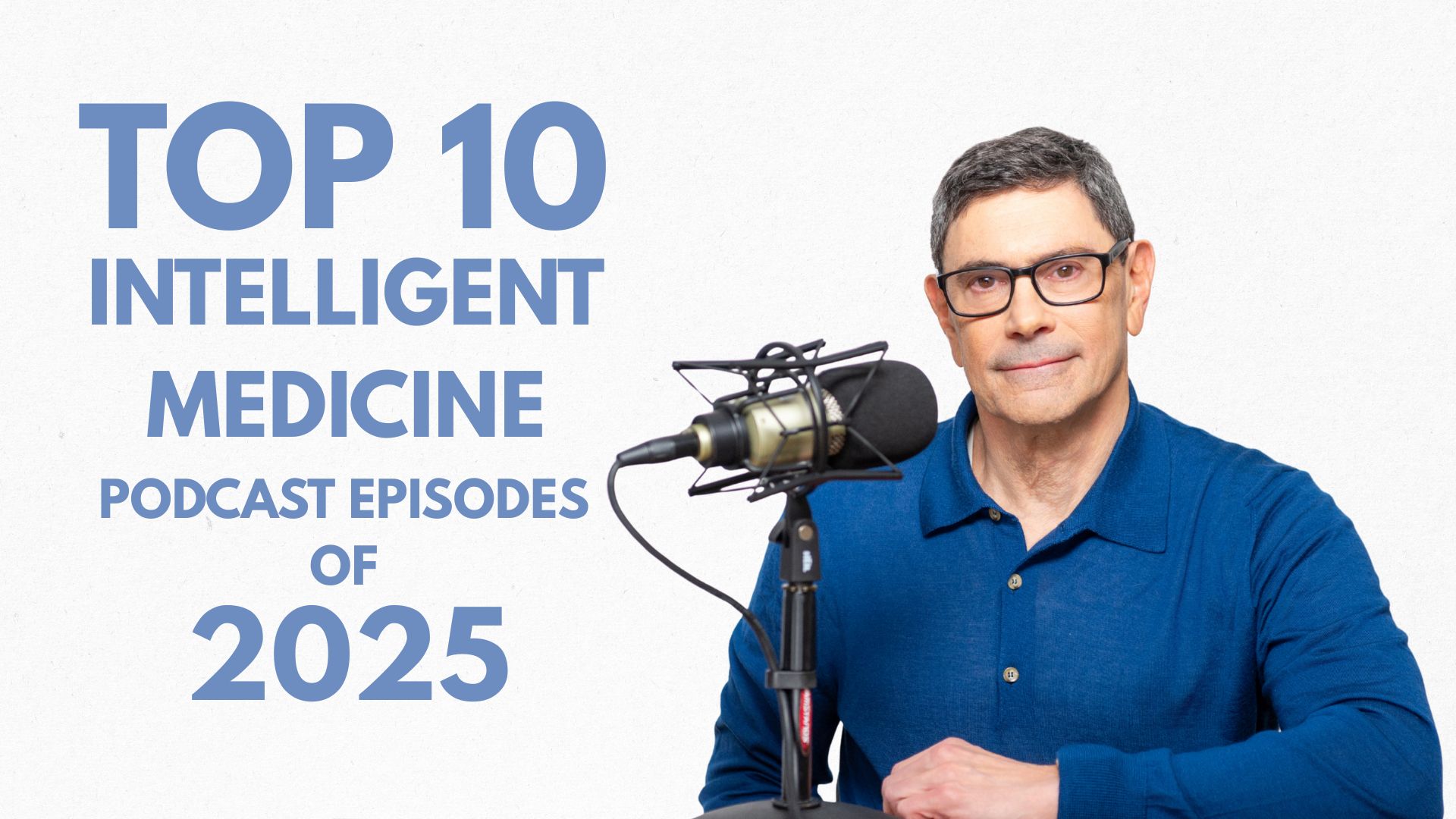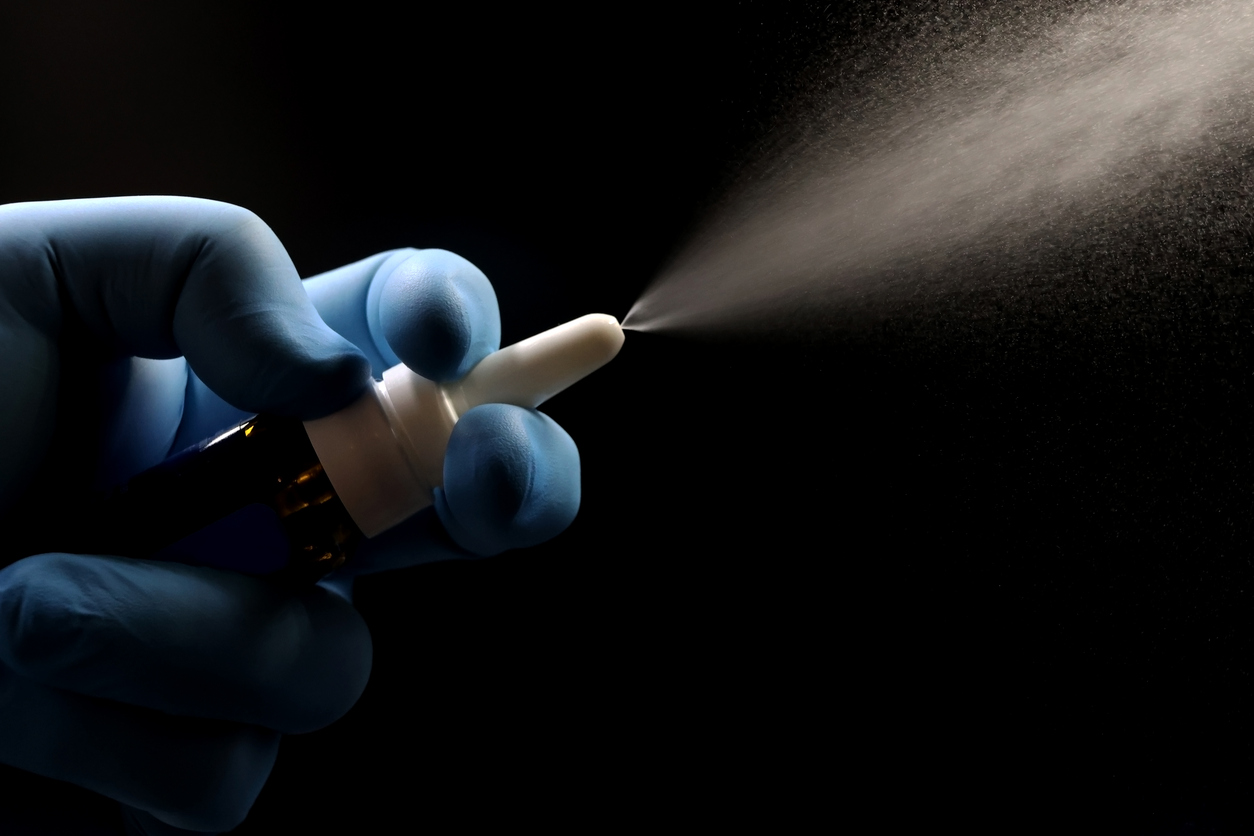By now you’ve probably viewed my short video explaining the Terrain Theory (if not, you can view it here). In it, I describe the 19th-century origins of the debate between proponents of the germ theory—which posits disease is merely a function of the ubiquity and virulence of pathogenic microbes—vs. those who focus on persons’ vulnerabilities, i.e. the “soil” or “terrain” which confers resistance to disease.
This debate is coming into special focus during the current pandemic because risk factors and “comorbidities” are clearly determinants of susceptibility. Monumental efforts to develop “silver bullets” to vanquish the coronavirus are underway, but less costly, natural ways of cultivating our terrain are readily available. Here are 10 fundamental ways to enhance your resilience:
1) Diet: There’s no question that obesity hikes the risk for chronic non-communicable diseases (NCDs). But the very same preventable conditions that kill the majority of Westerners—heart disease, strokes, diabetes—also make you more likely to sicken or die from COVID-19.
Therefore, a Mediterranean-style diet replete with fiber-rich, polyphenol-laden fresh fruit, vegetables, and spices, laden with omega-3s, and free of ultra-processed food, is a predicate to optimal terrain.
There’s no one-size-fits-all; diets need to be customized per individuals’ unique health characteristics and preferences. But metabolic health—freedom from obesity and blood sugar imbalances—should guide our choices of dietary interventions, ranging from balanced vegan, to carnivorous Paleo, to keto.
Important, too, is not just what you eat, but how and when you consume food; intermittent fasting and time-restricted feeding have proven health benefits.
2) Nutrients: Whether diet-derived, or taken as supplements, certain key nutrients enhance the terrain. Consider them “fertilizer” for depleted soil. Vitamins, minerals, essential fatty acids, polyphenols, flavanols, isoflavones and antioxidants form a critical bulwark against disease.
Eating a wide variety of fresh, unprocessed foods is a good start, but additional supplementation can fill nutritional gaps, or offset environmental insults and stressors.
3) Microbiome: There’s a new recognition that the microbes that populate our GI tracts play a critical role in immunity and metabolism. Rodent experiments show that when animals’ guts are sterilized with high-dose antibiotics, they’re rendered defenseless against ordinary infections.
How to support the microbiome? Breast-feeding; soluble dietary fiber from nuts, seeds, and fresh produce; avoidance of sugar and chemical food additives; deprescribing gut-impairing medications like acid-blockers and antibiotics; naturally fermented, non-pasteurized cultured foods; and supplemental pre- and probiotics can restore the internal milieu.
4) Hygiene Hypothesis: In a wrong-turn from our biological roots, we have placed undue reliance on battling microbes. Exposure to natural pathogens constitutes a sort of “boot camp” for our immune systems. Overuse of antibiotics and disinfectants, and shielding developing kids from exposure to dirt, has undermined the programming of our inbred surveillance capabilities. One can only imagine what the long-term consequences of prolonged, overzealous lockdown and indiscriminate use of anti-viral wipes might be.
5) Toxin Avoidance: Over 60,000 novel chemicals have been introduced into our air, water, cosmetics, household products, and food in the last century alone. Their cumulative effects have been linked to innumerable diseases. Reducing our toxic burden is essential for restoring the integrity of our terrain. And yes, recreational drugs, alcohol and most prescription and over-the-counter medications place additional stress on our bodies’ detox pathways.
6) Sleep: Suboptimal sleep undermines resistance and upends our metabolisms. Surveys reveal unprecedented rates of sleep deprivation. The ubiquity of shift-work wreaks havoc with our circadian rhythms. Sleeping pills produce an artificial facsimile of true restorative sleep—they are no fix for the sleep disorders that afflict innumerable Americans. We need a national initiative to deploy natural sleep hygiene methods to reclaim our biologically-imperative rhythms of rest and awakening.
7) Exercise and Movement: Optimal resilience is dependent on high levels of physical activity. Besides exercise’s benefits in combatting obesity and in optimizing metabolism and circulation, moderate to intense exertion has been shown to enhance immunity. There’s no question most Americans aren’t getting enough.
8) Stress: Anger, despair, hostility and fear unleash harmful neurochemicals that stymie the immune response, damage the brain, heart and circulatory system, and interfere with insulin metabolism. Interventions like therapy, meditation, yoga, tai chi and breathing exercises can partially interdict the negative effects of stress; constructively reframing life’s challenges takes the edge off adverse experiences.
9) Socialization: A corollary to the stress mentioned above, loneliness and isolation can kill. Ironically, the isolation imposed on elderly, vulnerable seniors during the COVID-19 lockdowns may have hastened their deaths due to generalized deterioration. Maintenance of family ties, friendships, and social networks—threatened by the fragmentation of modern life—are essential keys to health. And while online alternatives abound, they’re no substitute for getting up close and personal. Touch itself is healing.
10) Cold/Heat: “Hormesis” is a scientific term that denotes “what doesn’t kill you makes you stronger.” Most citizens of advanced industrialized countries inhabit a hermetically-controlled comfort zone, made cozy by ample heat and air conditioning. This is a radical departure from our Paleo roots.
It’s no accident that Navy Seals training cultivates resilience via extreme temperature exposure, ranging from icy cold ocean immersion to scorching desert ordeals. Research underscores the “reboot” these challenges engender to our physiology. Saunas, for example, boost circulation and help us sweat out accumulated environmental toxins.
While a cold dip in the Pacific during January wearing only skivvies may not be your idea of a good time, getting exposure to the elements frequently via seasonal outdoor activities is far preferable to perpetually languishing indoors in front of a screen.
Getting a handle on these ten aspects of your health can go a long way toward cultivating a healthy “terrain.” In our current situation, making your general health a priority is more important than ever!








